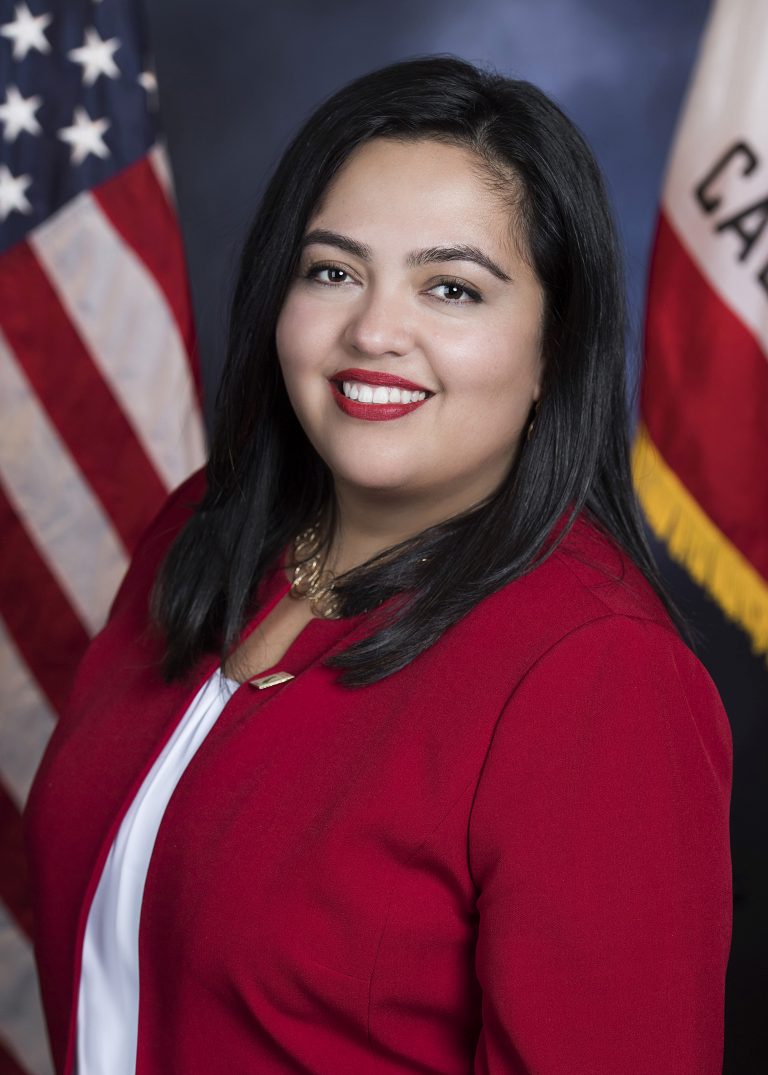By: Carla Pineda
If you ever find yourself struggling to wake up or dreading a difficult task, do yourself a favor and start your day by listening to some of Wendy Carrillo’s powerful speeches. I remember listening to Carrillo at the crack of dawn on Sunday mornings when I would drive my mami to visit a loved one who was incarcerated. For 10 years her Power 106 radio show “Knowledge is Power” connected listeners to community leaders talking about issues that impacted us directly. Today, the Los Angeles-based journalist-turned-public servant represents about 500,000 residents in Los Angeles and unincorporated East Los Angeles.
“I am a first generation American, doing something for the first time in my family,” she says. “In one generation, thanks to the opportunity of a good education, the struggle and sacrifice of my parents have led me to where I am today,” she says.
The Salvadoreña fled her country’s Civil War and came to the U.S. as an undocumented child. She grew up in East Los Angeles and established a career dedicated to serving her community both as a journalist and an organizer.
During a journalism assignment covering the Dakota Access Pipeline protests, she was tear gassed along with fellow activists and reporters. She decided to roll up her sleeves and take a more active role in advocating for those who needed it most. She launched a run for a seat on the California State Assembly in 2016, on a campaign advocating for the rights of disenfranchised communities.
“I am inspired by ALL the women who have ran for office across our nation given the rhetoric of the current federal administration and the constant threats to women’s reproductive rights,” Carrillo says.
During her first year in office, she had seven of her bills signed into law. Her support for the Women’s March and Los Angeles Unified School District teachers indicate her priorities remain intact.
“For me, to be Latina in politics in this moment in our nation’s history tells me that I am part of the solution in addressing issues of parity and representation,” she says. “My story is not unique, it is the story of millions of immigrant families across our country.”

